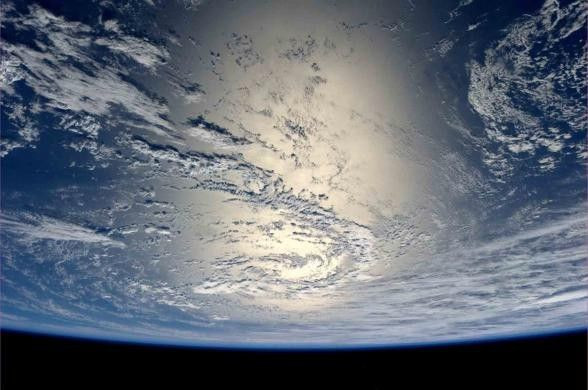Potentially Dangerous Asteroid 1950 DA is Nothing But A Cosmic Rubble Pile: Scientists on Their Way to Protect Earth [Watch Video]

The strange asteroid 1950 DA that has generated interest across the world has allowed the scientists to discover strategies which would protect the Earth from a potential negative impact.
According to the report by the Hufftington Post, asteroid 1950 DA is supposed to be a half-mile-wide collection of rubble that could cause tsunami-like waves if it were actually to collide with earth. But fortunately, the chance of this collision has been estimated as just one in 4,000.
Researchers found that that 1950 DA is capable of rotating extremely quickly as it defies gravity. They also observed that the body of this asteroid is held together by cohesive forces, called van der Waals force, that has never been detected on an asteroid.
This observations have potential implications to defend Earth from a massive asteroid impact in future, researchers claimed.
The study was published in the journal Nature.
"We found that 1950 DA is rotating faster than the breakup limit for its density," lead researcher Dr Ben Rozitis, explained through a written statement. "So if just gravity were holding this rubble pile together, as is generally assumed, it would fly apart. Therefore, interparticle cohesive forces must be holding it together."
The findings suggest that the rotation is so fast that at its equator, 1950 DA experiences negative gravity; meaning if astronauts would ever made an attempt to stand on its surface, they would fly off into space unless they were provided with a stable anchor.
There were predictions about the presence of cohesive forces in small asteroids, but there has not been any definitive evidence witnessed before.
“With such tenuous cohesive forces holding one of these asteroids together, a very small impulse may result in a complete disruption," Rozitis said.
So there is enough hope that our favourite planet will stay safe for much longer period of time.
Youtube/Tribuglobal




















